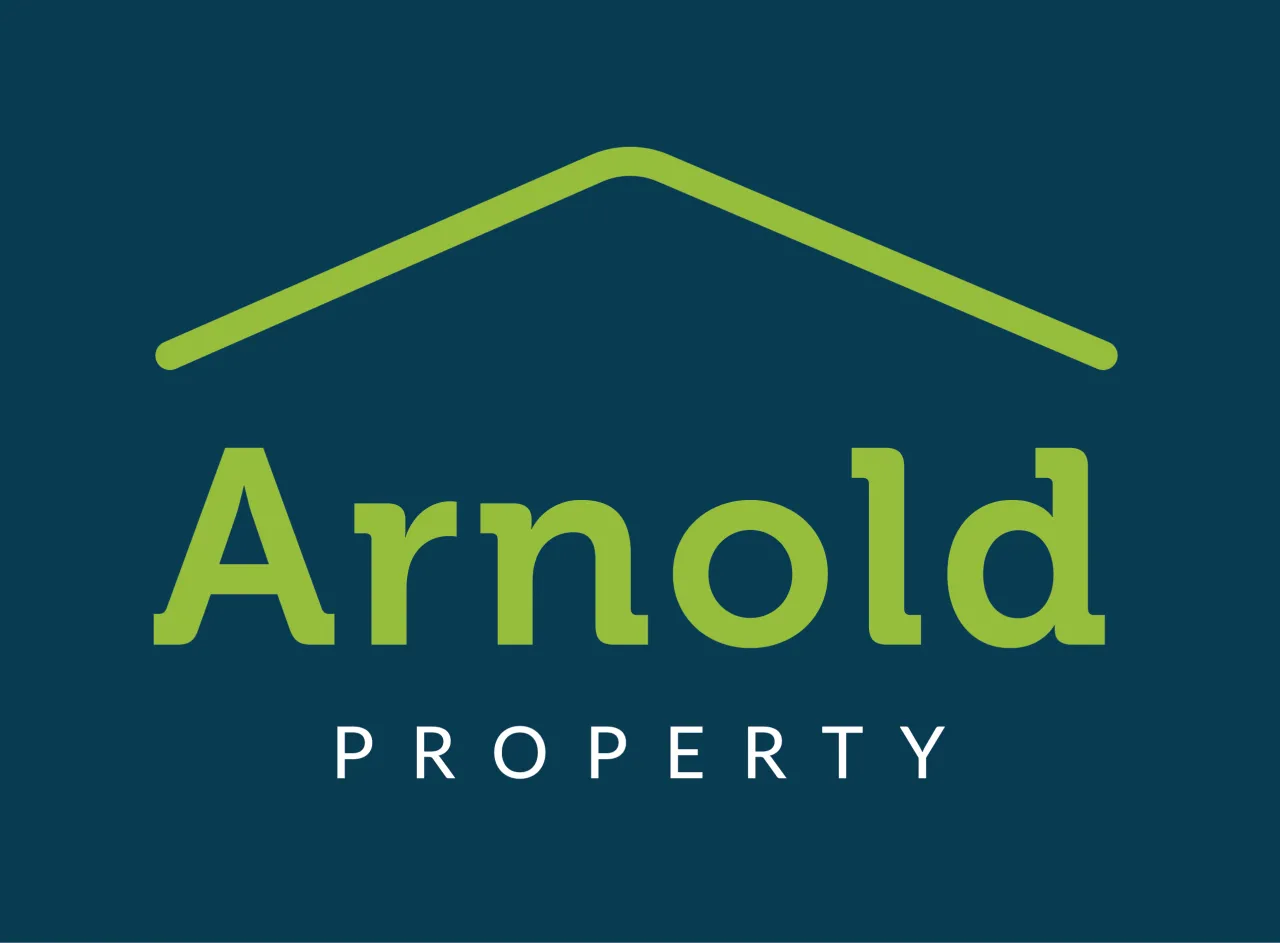Buying A Home – To begin, it is important to state that this is an opinion piece and should not be taken as fact or legal advice. We strongly recommend you consult the relevant professionals to make informed decisions when buying property.
Buying your new home can be hard even if you’ve bought one before. And it’s especially daunting when it is your first time entering the property market
First off, finances determine what you can realistically go for – can you pull together a deposit and, if so, how much? This will give you an idea of the value of the house you will be able to afford, before you start your house hunt. We advise you book an appointment with a mortgage advisor or broker – they should be happy to see you and normally the initial consultation is free. We recommend you chat to more than one, as this will probably be the largest purchase you’ve made in your life up until this point. We think it’s so important we posted an article on it called 4 Reasons Why You Should Use A Mortgage Broker which can be found in the Advice Blog section of our website. If you live in Newcastle or in the surrounding area, Laurie Plooy at Coffee Finance and David Hoar at Home Loans Newcastle are well worth considering – they are straight shooters and very good at what they do. If you don’t want to go with a mortgage broker, make sure you do your research and contact a range of institutions to compare the different loans they are able to offer you.
The legal stuff is super important when buying a home and having the right people involved to help you with this is something everyone tries to have. There are plenty to choose from and the choice can sometimes be overwhelming, as it can be hard to know which is the right person or company to go with. Asking family, friends and colleagues can be a great way of finding the right fit for you and your project. When we asked around the Rethink Group got mentioned a few times. However, it’s a very individual decision and it’s important to go with someone you feel you can trust.
Once you’ve done the groundwork of getting your finances and legal advice sorted, then it’s about working out what you are looking for.
Pre-Existing Vs New: Do you like to DIY?
If you’re not fans of Doing It Yourself then this might be a no-brainer for you. If you buy a pre-existing property, it might need work done on it, which you will have to budget for. You will also have to have inspections and checks done on the property, which all come at a cost. If you go for a property that has been renovated already, this will probably be reflected in the price. If you buy a new build, off the plan, or a land and build package, you can avoid these issues. However, bear in mind that this may involve a long wait before your property is ready, and a lot of decision making along the way, which may not be something you want to deal with.
Now Vs The Future: Block & House Size.
Your budget will most likely decide this for you, but if you have the option of considering different block and/or house sizes, it can be worth considering. In a nutshell if you can think about the future and plan with this in mind you might set yourself up for a win down the line, either in terms of resale value, or in terms of an ability to accommodate a growing family, or other expansion plans, without having to move.
Risk Vs Reward and Rent Vs Repayments. It goes without saying that buying property is not risk free, and you need to consider all the possibilities, good and bad, including worst case scenarios. If you calculate that your mortgage repayments aren’t going to be vastly different from what you’re paying each week / month in rent and you have a deposit, then buying your own place is worth considering. As we’ve said before, getting appropriate financial and legal advice is essential when making this decision.
Location: In Town Vs Out of Town.
Do you want to live in a city and what does this really mean? Lots of young people are attracted to the bright lights and buzz of a major city, but you might have to think beyond this when buying a home for the first time. Put simply, properties in and around cities are more expensive than those further away / out in the country. We’re not saying you have to live outback on a farm if that’s not your bag, but there are lots of amazing towns in Australia which aren’t major cities, and buying property in or close to one of them might be something you should consider.
If you are buying a home to do up you should try to get the “worst” house in the “best” street. The logic being that if you have the “best” house in the “worst” street you are crossing your fingers that the other houses on the street will be done up. This will bring the value of your house down regardless of how nice it is and/or how much you’ve invested in it. If you have the “worst” house on the “best” street, the value of your house will be pulled up by the other houses on the street, and you can always invest in your property to improve it at a later date.
The area as a whole is worth considering too. This might be about asking yourself: ‘which part of a city do we want to live in?’ or ‘which will be the best suburb for the kids to grow up in?’ When children are in the equation, local schools normally play a massive part in this decision. Otherwise, things such as transport and local amenities may take more of the focus. Alternatively, you may decide that living in a new house in a development a short drive from town is a good decision for you.
Buying A Home
Buying A Home is a complicated matter and we’re just scratching the surface. There are so many questions that come to mind when you start thinking about it. Our article titled 10 Most Common Questions First Home Buyers Ask might help you with a few.


